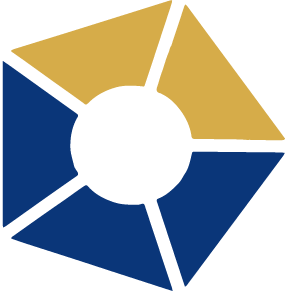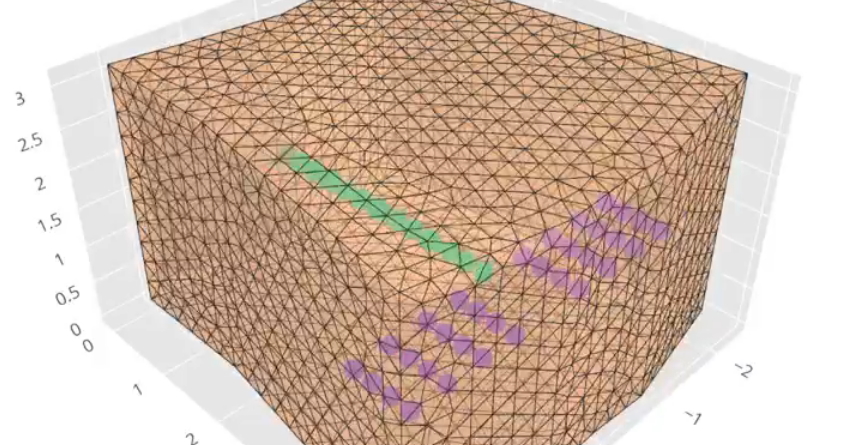
Free online panel on
small room acoustics
in cooperation with the german tonmeister association VDT
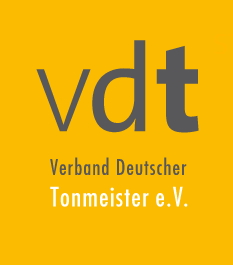
Saturday 17.4.2021
13:00 – 17:00h UTC
What time is it at my location?
Schedule
13:00h UTC Session 1
Welcome and Opening
Moderation: Ingo Weismantel (tradefair.audio) and Jonas Schira (VDT)
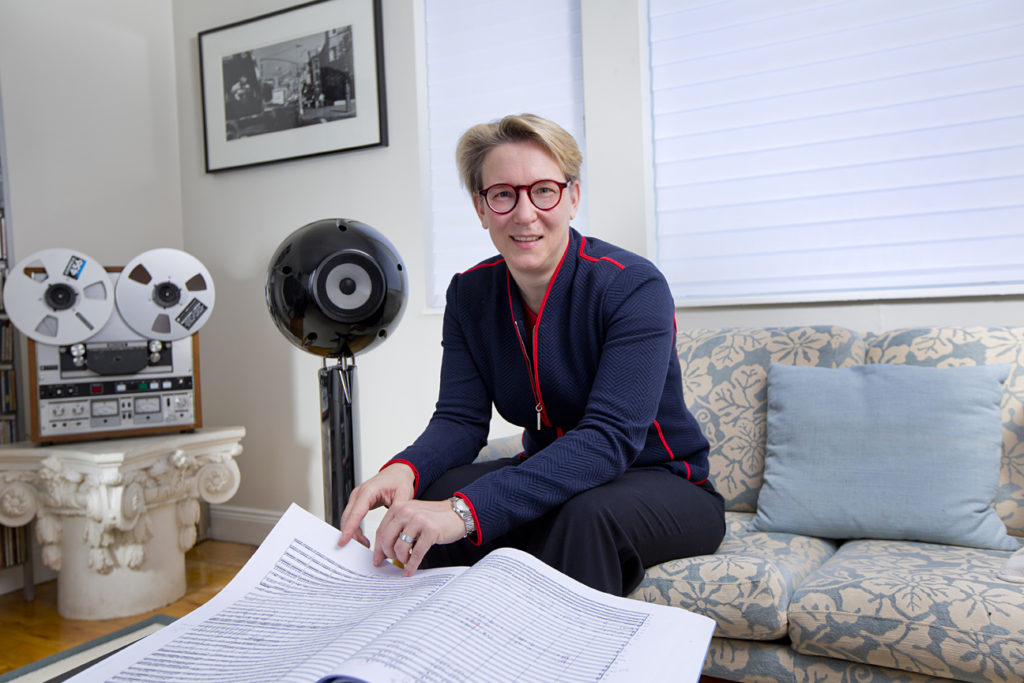
Ulrike Schwarz Anderson is a sound engineer and producer of acoustic music in the radio, television and recording industries. Her recordings have received multiple international nominations and awards: two Echo Klassik Awards, Preis der Deutschen Schallplattenindustrie, Ars Acoustica, Diapason d’Or, a Grammy Nomination and many others.In 2015, the BRKlassik production of Beethoven’s “Missa Solemnis” featuring the choir and symphony orchestra of Bayerischer Rundfunk, conducted by Bernard Haitink, received a Grammy Nomination for “Best Choral Performance.” Ulrike received her Tonmeister degree from the Hochschule der Künste Berlin (University of The Arts Berlin), Germany. She also holds a Master of Business Administration in “Innovation and Business Creation” from Technische Universität München (Technical University Munich), Germany. From 2001 to 2015 Ulrike was employed by Bayerischer Rundfunk in Munich, Germany, as a senior sound engineer for large orchestral and jazz productions.
Ulrike’s production of Gisle Kverndokk’s “Symphonic Dances” was nominated for a Grammy in the Best Immersive Audio Album category, 2020. Anderson Audio New York‘s latest work was the orchestral soundtrack to the six-time Academy Award nominated movie „Judas and the Black Messiah“.
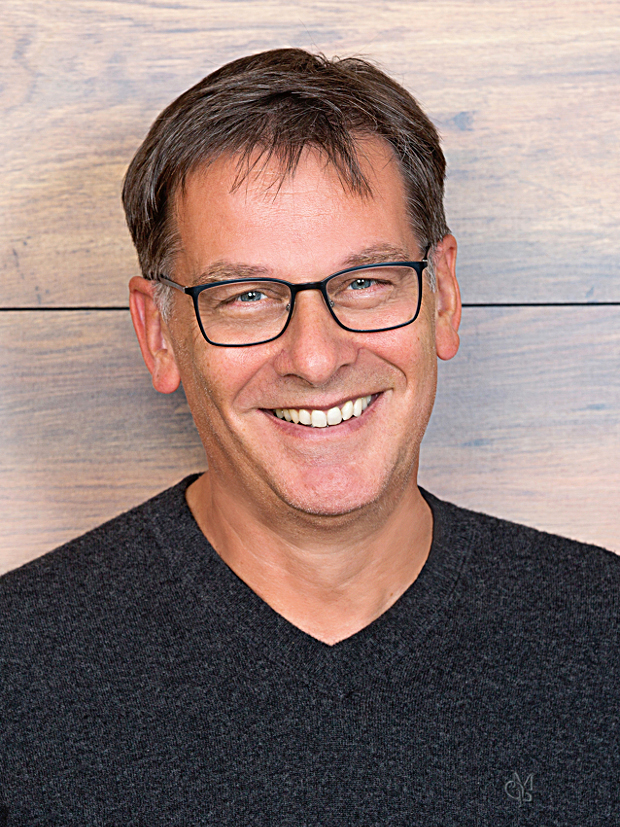
Jochen Veith and his team have been planning and developing acoustically used spaces since 1987. This mainly includes sound studios (music sound studios, film mixing studios, dubbing studios, etc.), cinemas, home theaters, halls, film studios, conference rooms as well as other rooms and buildings where high and highest demands are placed on the acoustics. His projects include the Wisseloord Studios in Hilversum / Netherlands, the Studios 301 in Sydney / Australia as well as many commissions from renowned artists. Over many years, Jochen has acquired an enormous amount of knowledge and experience in the fields of acoustics, building physics, interior design and building services engineering.
Today, he enjoys an excellent reputation in his field and is probably one of the best-known specialists for acoustics there, even beyond Germany.
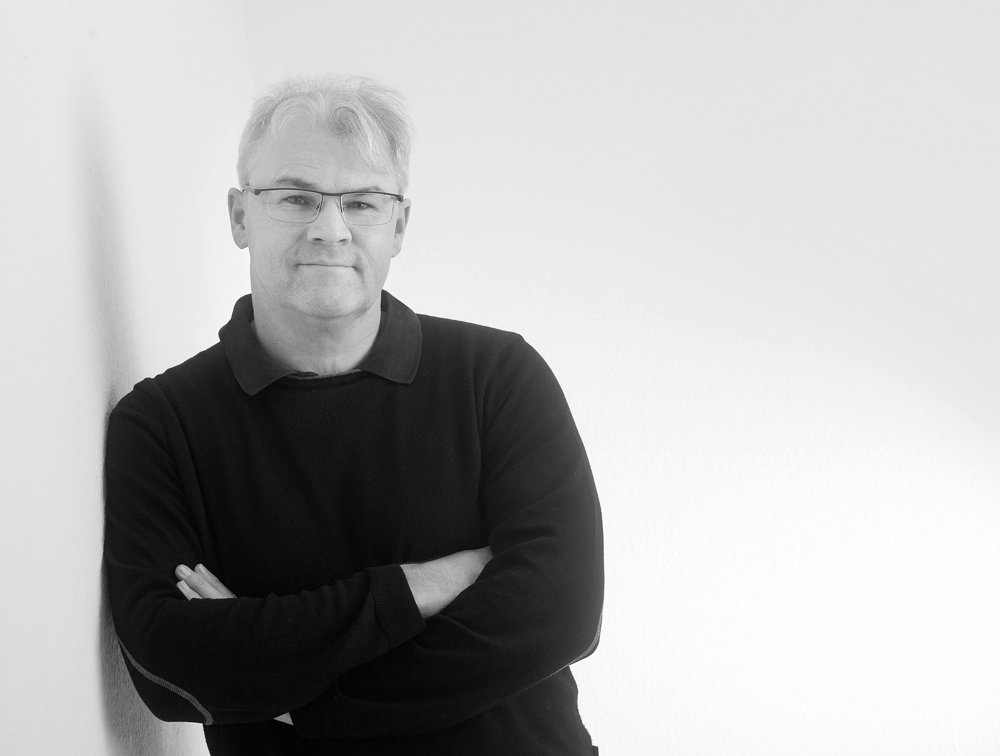
Dr. Christian Nocke After studying physics, Dr. rer. nat. Dipl.-Phys. Christian Nocke was a doctoral scholarship holder of the German National Academic Foundation and a research associate at the Fraunhofer Institute for Building Physics. In 2000, he founded the Acoustics Office Oldenburg and from 2001 to 2004 headed the office of the German Society for Acoustics – DEGA e.V. As a specialist planner, expert witness for noise immission, building and room acoustics and consultant, he accompanies product developments and conducts training courses and lectures worldwide. In 2015, he founded Schall & Raum Consulting GmbH for computer-aided planning of office room acoustics. Furthermore, he is involved in national and international standardization, among other things as chairman of the DIN working group for the revision of DIN 18041, as well as in various ISO committees and chairman of the expert committee for building and room acoustics of the German Society for Acoustics DEGA e.V. For his services to the standardization of room acoustics, he was awarded the Rudolf Martin Honorary Certificate of the NALS in DIN in 2019.
14:45h UTC Session 2
Moderation: Christopher Sauder Engeler (VDT)
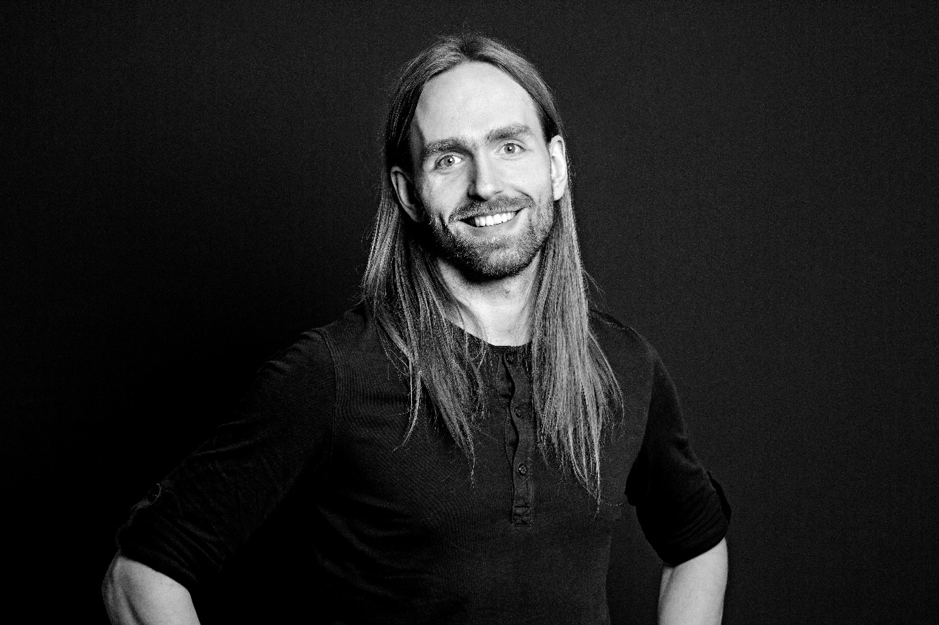
Dr. Finnur Pind received his MSc in acoustical engineering in 2013 from the Technical University of Denmark (DTU), and his PhD from the same institution in 2020. His PhD research was centered on virtual acoustics and was done in collaboration with the architectural studio Henning Larsen. During Finnur’s PhD studies, he was a visiting researcher at the Chair of Computational Mathematics and Simulation Science at Ecole Polytechnique Federale de Lausanne. Between his MSc and PhD studies, Finnur was an acoustic consultant in the building industry for some three years, and before entering the world of acoustics he was a software engineer in the telecom industry. His research interests include wave-based (numerical) acoustic simulations, auditory virtual reality, room surface modeling, high-performance computing and spatial audio. He is currently a postdoctoral researcher at the ACUTE (Acoustics and Tactile Engineering) group at the University of Iceland and co-founder / CEO of Treble Technologies, which develops state-of-the-art virtual acoustics software.
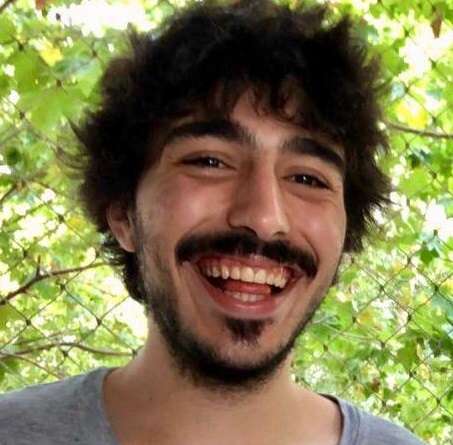
Luiz Augusto Alvim studies Acoustical Engineering at the Federal University of Santa Maria (UFSM) and conducts research on numerical simulations for acoustics and shape optimization for critical listening spaces. The present work describes Low Frequency Simulation and Optimization for Control Rooms using an open source finite element method framework, supervised by Dr. Eric Brandão and co-supervised by Dr. Paulo Mareze. By solving the governing equations for an arbitrary geometry, the modal response or acoustic pressure given a sound source is obtained. The framework developed allows for simulating a variety of acoustic solutions commonly found in room acoustics, such as porous materials, perforated panels, membrane absorbers, etc. The simulation package is then used with optimization routines to find the best shape for the room and optimal source-receiver positions given prescribed constraints. Optimization aims to achieve a flatter frequency response in the low frequency range, making the job of acoustic treatment easier and more successful.
16:00h UTC Session 3
Moderation: Luiz Augusto Alvim (UFSM)
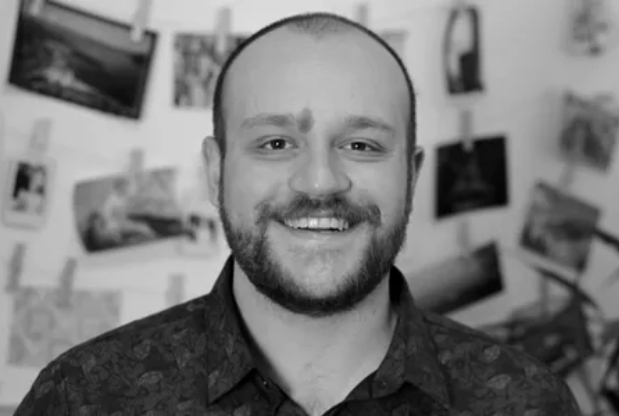
Rinaldi Petrolli received a B.S. degree in Acoustic Engineering from the Federal University of Santa Maria in 2019. While at university, he studied subjects such as room acoustics, digital signal processing, electroacoustics, environmental acoustics, psychoacoustics, building acoustics, acoustic measurements, computer programming, and many more. In parallel to that, he developed programming skills in MATLAB and Python by implementing measurement and post-processing routines used to perform all experiments throughout his studies. His undergraduate thesis researched a low-cost method for modeling tube amplifiers, which was successfully done with Machine Learning and Long Short-Term Memory neural networks, enabling real-time emulation through a Python interface. He is also a collaborator for PyTTa – Python in Technical Acoustics, an open-source library that allows the user to make and evaluate acoustic measurements within a Python framework.
In 2018, he joined WSDG first as an intern and then as an engineer, collaborating in research, development and different aspects of acoustical analysis and simulation, mainly focused on numerical methods. After meeting Peter D’Antonio while working with WSDG, Rinaldi joined REDI Acoustics, LLC to continue research and development, focusing on Python implementations of boundary element method applications for low-frequency analysis and optimization and performance evaluation of acoustic devices. Along with that, he also performs acoustic analysis using ray-tracing and specular reflection predictions in CATT Acoustics, diffusive devices placement and modulation in small rooms, and several comparisons between acoustic predictions and real-world measurements.

Sidney Volney Cândido is a grad. student in acoustical engineering at Universidade Federal de Santa Maria in Brazil. He presents some EAnoise Method applications, developed in his graduation thesis, with the supervision of Eric Brandão. The EAnoise is a unique approach to the in-situ impedance surface measurement method, developed initially in 2005 by Toru Otsuro. This is an attractive method because it can be low-cost by using lower precision instrumentation and requires small sample areas. It’s also versatile for it’s a non-destructive method. Results showed that the method can be used to identify the main characteristics of the devices with an uncertainty below 0.1 on the absorption coefficient in the 150 Hz – 4 kHz range, which makes it very interesting for everyday practical use.
Attendance and registration
As with everything on this website, participation is free of charge. To get access to the Zoom session, please register to the newsletter. The invitation will be send 24h before start of panel. The number of participants is limited to 100 people and the places are allocated in the order of registration. Please mind the UTC.
UPDATE: 14.4.2021 – 9:00 UTC
Many thanks for the lively interest, we are sold out and cannot register any more participants for the Live-event. But:
Assuming the consent of the speakers, we will record the lectures. If you would like to receive a link to the recordings, you can subscribe to the newsletter and watch the sessions on demand and free of charge afterwards. Thank you for your understanding.
